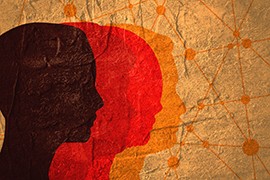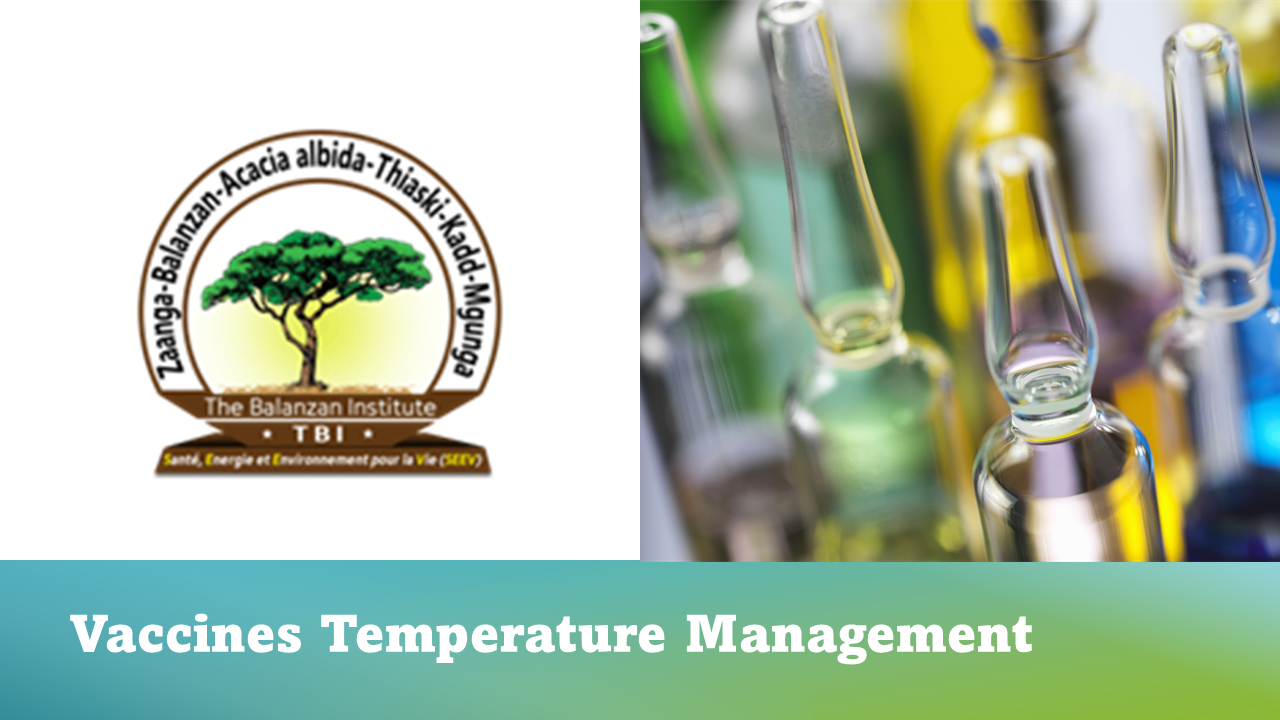PARTICIPANT
APPLICATION DATES: 11-Apr-24 to 14-May-24
COURSE DATES: 01-Jul-24 to 08-Sep-24
Overview:
Mental health is the most neglected disease in global health, which is concerning because mental and behavioral disorders are among the leading causes of disability worldwide. This course describes the key issues in global mental health, such as stigma and social determinants. You will learn about stigma associated with mental health conditions, and assessment, treatment, task sharing, and integrated care. The course includes many case studies of adapting tools and interventions for different settings. While this course does not qualify you to diagnose and treat mental illness, you will learn about available resources for care, treatment and advocacy.
Learning Objectives
After taking this course, you will be able to;
- describe burden of mental disorder and explain life course; perspective on mental health;
- describe social determinants of mental health;
- define stigma and explain its origins and consequences;
- list and describe various diagnostic and assessment tools;
- describe cultural differences in presentation of mental distress;
- list treatment options and techniques;
- list prevention and promotion options and techniques;
- describe motivation and tools used for care integration; and
- describe methods of implementation science and know-do gap in global mental health
Curriculum
Module 1: Key Issues
- Global burden of disease
- Life course: mental health and youth, adults, and geriatrics
- Mental health and sustainable development
- Social determinants
- Violence
Module 2: Stigma
- What is stigma?
- Stigma reduction
- Stigma reduction interventions
- Case study: RESHAPE
Module 3: Diagnostic Categories and Transcultural Presentation of Distress
- Diagnostic criteria & cultural psychiatry
- Mental illness perspectives
- Case Study: Presentations of distress—Bangalore
- Case Study: Presentations of distress—WHO schizophrenia studies
Module 4: Screening and Assessment
- Assessment tools & validation
- Best practices in using and adapting instruments
Module 5: Prevention and Promotion
- Policies
- Social emotional learning, resilience
Module 6: Treatment Part 1
- Pharmacologic
- Non-allopathic modalities
Module 7 Treatment Part 2
- Psychosocial
- Trauma/GBV
- Case study: adapting treatment for Native Americans
- Case study: novel treatment for refugees
- Case study: Cognitive processing therapy in the Democratic Republic of Congo
Module 8: Integrated Care
- Task-sharing
- Case study: collaborative care for depression & diabetes
- Case study: perinatal depression
Module 9: Mental health in humanitarian crises
Module 10: Implementation Science
Format of Learning
Blended






